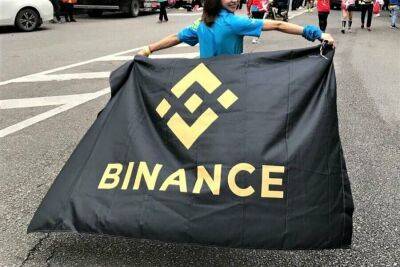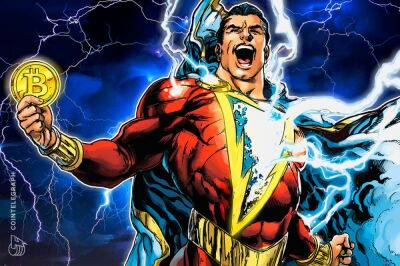Strike partners with Bitnob to facilitate cross-border payments into Africa
The Lightning Network has struck Ghana, Kenya and Nigeria. During a conference in Ghana, Strike CEO Jack Mallers announced that the Bitcoin (BTC) payments company has partnered with the mobile app Bitnob to facilitate payments into Africa.
Mallers made the announcement on stage at AfroBitcoin, a Bitcoin conference in Ghana's capital city of Accra. He stood alongside Bernard Farah, the Nigerian CEO of Bitnob, following a short presentation on how it works.
Money transfers into Africa take advantage of the Lightning Network, the layer-2 payments network built atop Bitcoin. The feature is called “Send Globally,” and it enables instant, low-cost payments to Africa.
The feature does not require people to use Bitcoin themselves, Bitnob CEO Bernard Parah explained on stage. The no-transaction-fee feature is currently available to Africans in Nigeria, Ghana and Kenya. By comparison, remittance services such as Wise take a small commission, while Western Union can charge upwards of 10% for money transfers.
Dollar payments are instantly converted into naira, cedi or shillings (currencies in Nigeria, Ghana and Kenya, respectively) and are deposited directly to recipients' banks, mobile money, or Bitnob accounts.
Solving cross-border payments into Africa using Bitcoin would be a major boost to local economies. In Nigeria alone, $17.2 billion was sent in remittances to the country in 2020. However, according to the World Bank, "for every $200 sent in 2020, it cost the sender $17.8 (8.9 %)." That equates to roughly $1.5 billion lost in fees, or roughly the GDP of Samoa.
If Nigeria were to eliminate remittance fees by using Bitcoin payment rails, Nigerians across the country would benefit financially. In Kenya and Ghana, the situation
Read more on cointelegraph.com

 cointelegraph.com
cointelegraph.com















